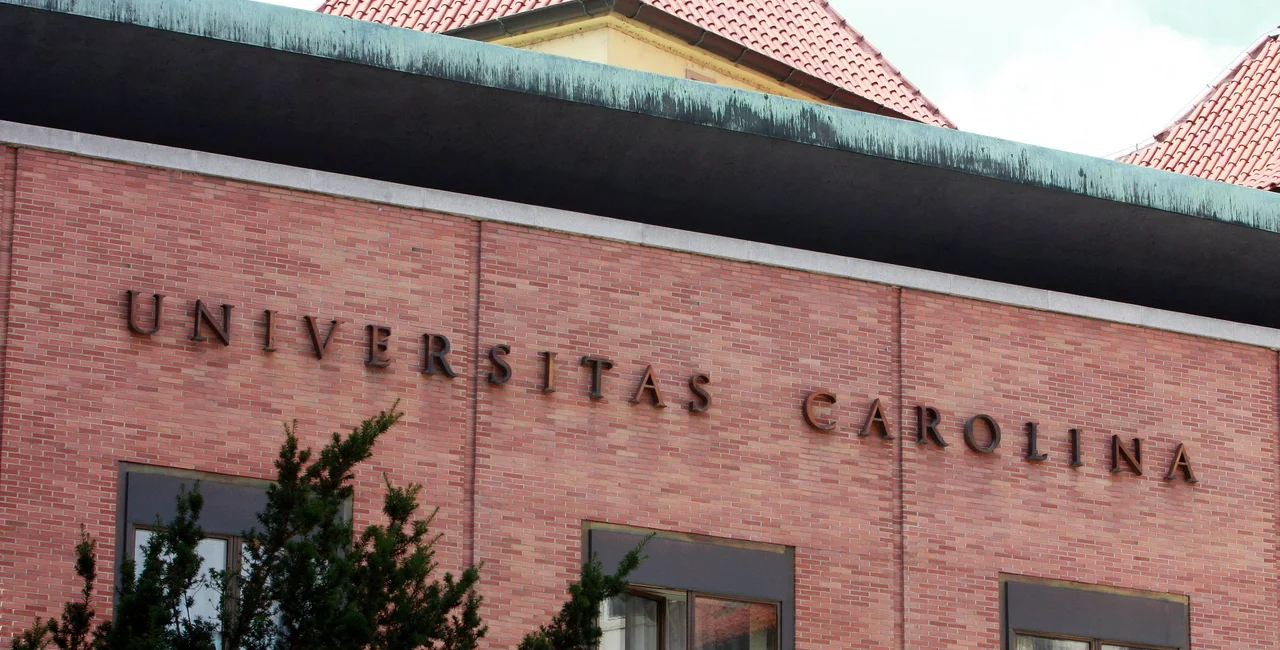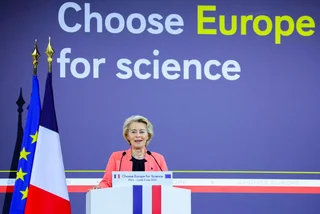As political pressures and funding cuts mount for American researchers under the Trump administration, Charles University in Prague is positioning itself as a refuge for U.S. academics seeking stability and freedom to pursue their work.
The university has seen nearly triple the number of inquiries from U.S.-based scholars and students since November 2024, reflecting growing concern in the U.S. academic community over shrinking opportunities and increased scrutiny.
Rising demand for academic freedom
“Academic freedom, independent research, and international cooperation are core values at Charles University,” said Rector Milena Králíčková in a press statement. “We recognize how fragile these freedoms can be and are committed to offering a welcoming environment for researchers from abroad.”
With unrestricted access to the Czech labor market for U.S. citizens, the university eases the transition for visiting academics hoping to continue their work in Europe.
Everday impact
The influx of U.S. academics positions Czechia as a growing global research hub. It offers local students and researchers more international collaboration, fresh ideas, and exposure to global expertise. The shift also underscores the need to maintain an open, well-funded academic environment to attract and keep top international talent.
Programs supporting visiting scholars
Charles University offers several internationally recognized programs designed to support foreign researchers. These include fellowships for postdoctoral researchers focused on sustainable development and societal impact, support for early-career scientists pursuing research abroad, initiatives to help top researchers establish labs and apply for European Research Council grants, and funding to encourage emerging scholars to contribute new ideas to the university’s research community.
Interested academics are encouraged to contact the university’s International Relations Office for more information on applying.
Challenges within Czech academia
While Charles University opens doors, some Czech academic institutions still face criticism for bureaucratic hurdles. Notably, top AI expert Tomáš Mikolov left the Czech Technical University, citing rigid grant processes that hinder research flexibility.
Several European universities have already launched programs to attract researchers from the U.S. However, academics say the Czech research environment still faces significant bureaucratic hurdles and grant-related obstacles, which make it difficult to build teams and start new projects.












 Reading time: 2 minutes
Reading time: 2 minutes 


 English
(Advanced)
English
(Advanced)

















